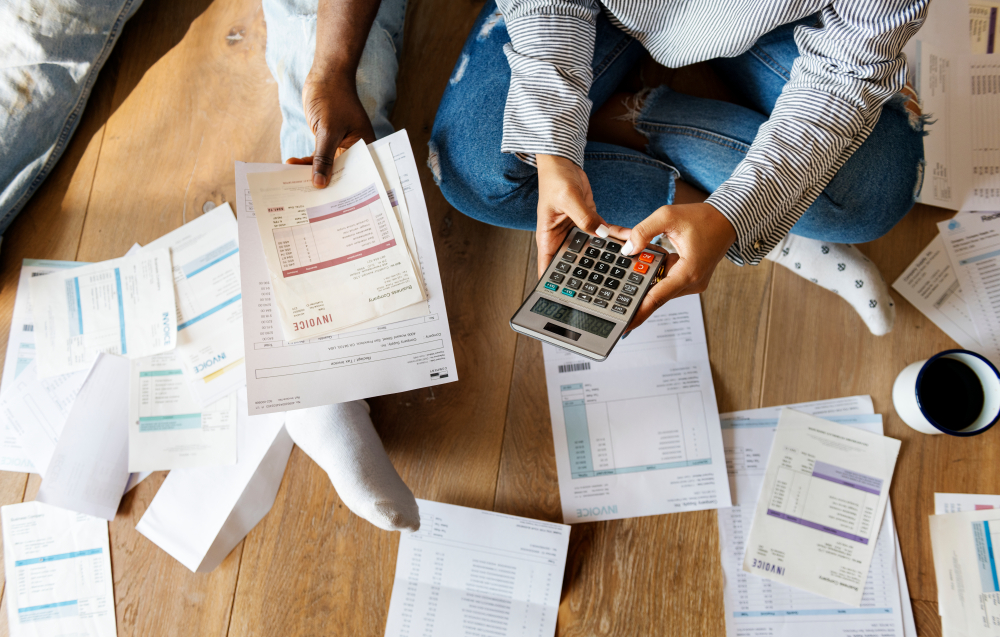The Statistics Archive has calculated that the average debt per adult in the UK amounts to no less than £31,500 and the total debt for each household, including mortgages, weighs in at just over £60,000. Being in debt can take a serious toll on your mental health, and often those in debt feel too ashamed to admit to just how much they owe and the extent to which they’re struggling.
The emotional effects of owing money are well documented, and can lead to anxiety, depression, prolonged periods of time off from work, and suicidal thoughts.
It’s important to remember, however, that by adopting a strategy and proper financial management, it is more than possible to pay off debt.
Know how much you owe
First things first, you need to figure out exactly how much money you owe and to whom. Doing this can take significant time and energy, however once you’ve got a clear understanding of just how much money you will need to pay back, you can begin to budget and seek further assistance.
Cut back on spending
In order to begin paying off your debt, you will need to start spending less money and saving more. So, you will have to make some sacrifices along the way. This said, they might not have to be as severe and limiting as you might think. If you’re in the habit of routinely dining out in restaurants, then you will have to reassess your lifestyle. Begin to:
- Cook tasty and nutritious meals at home, search for cheaper cuts of meat or try cutting it out of your diet altogether in favour of vegetables and other cheaper protein sources such as lentils, wholegrains, eggs, and cheese.
- Prepare food at home instead of heading out on your lunch break in search of ready-made sandwiches, pastries, and cakes, for example. Instead, make a large batch of vegetable pasta or curry in a large baking tray and freeze it to enjoy over the course of the week.
- Rather than buying coffee on your way to work, use a portable thermos mug and pour your own before leaving the house each morning.
Don’t be afraid to ask for help
If you need money to tide you over before your next paycheck, then try to avoid payday loans as doing so can be a very expensive option. The typical interest APR on these types of loans is extortionately high. If you’re in a position to ask a friend or family member to loan you the money in the meantime, it’s worth asking them. The worst they can say is “no”.
Being in debt is not something that you should have to face alone. In fact, having a transparent conversation about your debt with others in the same boat as you can be extremely helpful for you to realise that being in debt is very common. Reaching out to forums and counselling services (like the Debt Advice Foundation) can be an invaluable resource for you to understand that there shouldn’t be a stigma attached to owing money.
Looking for ways to save money and clear your debt? Check out our previous articles on best money saving tips for 2020, or the most useful money-saving apps.

